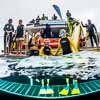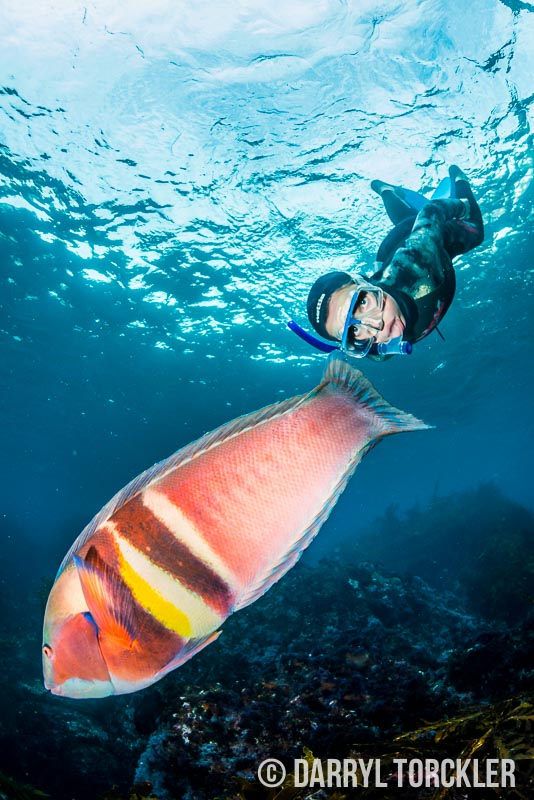 How can you help the marine environment?
How can you help the marine environment?
- Get connected with the marine environment - go snorkelling with your whanau!
- Experience a marine reserve!
- Support our marine reserves - spread the word in your community!
EMR Code of Care for the Sea:
Sensitive habitats
 Don’t walk on fragile dunes. Sand can easily blow away once vegetation is removed
Don’t walk on fragile dunes. Sand can easily blow away once vegetation is removed- Look after mangroves ( they look after you, by catching sediment and providing valuable habitat for our sea life)
- Be aware of seagrass beds which have fragile habitats and can easily be damaged
Fishing
- Use recurve style hooks to minimise gut & foul hook ups.
- Big fish are the best breeders and are best released unharmed.
- Know the regulations that apply to the area you are harvesting from, as different rules apply to different area’s.
- Remove any rubbish from your fishing area and dispose of responsibly, this includes fishing line, bait bags Put unwanted fishing lines, nets and bait packages in the rubbish as they can cause damage and/or kill organisms
- Be gentle with any fish you intend to release.
- Limit your catch, don’t catch your limit
Bird Watching
- Avoid unnecessary disturbance, use binoculars to observe them
- Leave the dog at home or ensure they are controlled to avoid disturbing the birds
- Do not walk in areas where there are burrows for birds like penguins and shearwaters
Pollution
- Don’t chuck your bags over board. Fish, squid, and whales see them as food this can cause damage and/or kill the organisms
- Drains are only for rain. Stormwater drains eventually lead to the sea, do not put rubbish down the drain.
- Take only photos leave only footprints
- Do not bury rubbish. It will soon be uncovered by the tide, animals, or people’ feet.
SCUBA Diving / Snorkelling / Crayfish Diving
- Control buoyancy. A single fin kick can wipe out hundreds of years of growth
- Always go with a Buddy
- Always check the weather
- Never turn your back on the ocean
- Don’t leave legs of Crayfish behind
- Remember the ‘big ones’ have an important role on the rocky reef
MPA (Marine Protected Areas)
- Be aware of the rules, such as activities that are not allowed or restricted, i.e. removal of organisms, restrictions on fishing, species that can be caught, fire camping and vehicles
- Do not disturb Māori ancestoral areas. All are protected by law.
- Do not disturb relics of early settlers and shipwrecks. Important information can be lost.
MR (Marine Reserves)
 No fish feeding
No fish feeding- No fishing
- No taking or disturbing of any marine life, including rocks, shells, shellfish, seaweed from the reserve.
- No fires are allowed
- No domestic animals are allowed
Rock pools
- Always turn the rocks back. Organisms will die if left exposed to the sun.
- Leave rock pool marine life in the water.
- Do not remove sea weed, as it is shelter for other organisms
Shell Collecting
- Collect only empty shells. Any live animals will die if removed from their habitat
Look after Yourself
- Learn to recognise possible animal hazards and do not pick them up or handle them. These include jellyfish, sea anemones, kina, and crabs.
- Make sure you can always see where you place your hands
- Wear protective footwear when exploring intertidal rock pools and the coastal environment
- Protect yourself from the sun by wearing clothes, a hat, and sun block.
- Be aware or the tide and height of high and low tide, and that the weather affects the time and level of the tide
- Never turn your back to the ocean
- Do not explore the beach alone
- Be aware of your surroundings
- Stay away from the top of the bank or cliff
- Do not sit directly under a cliff, as rock falls do happen
